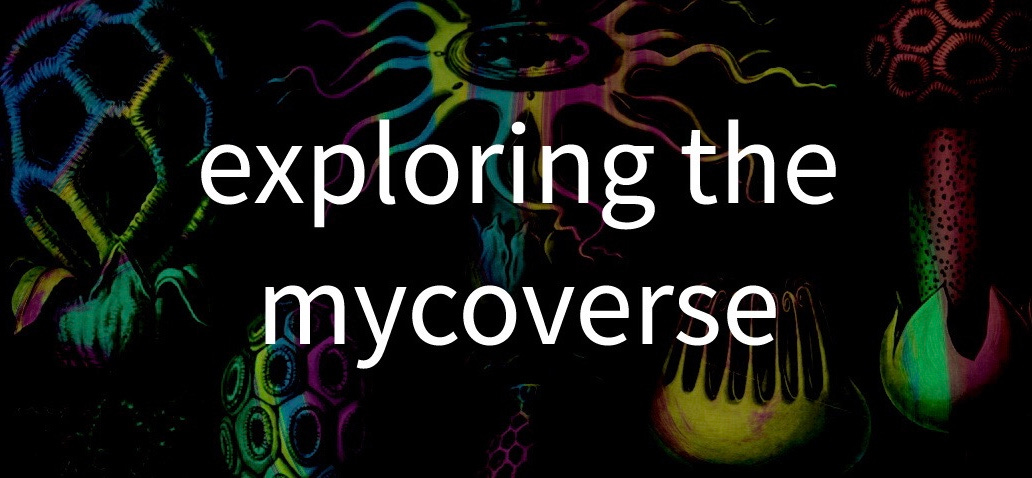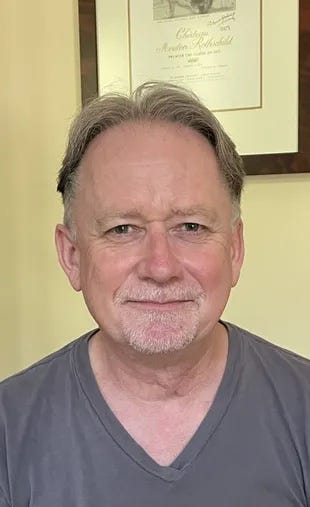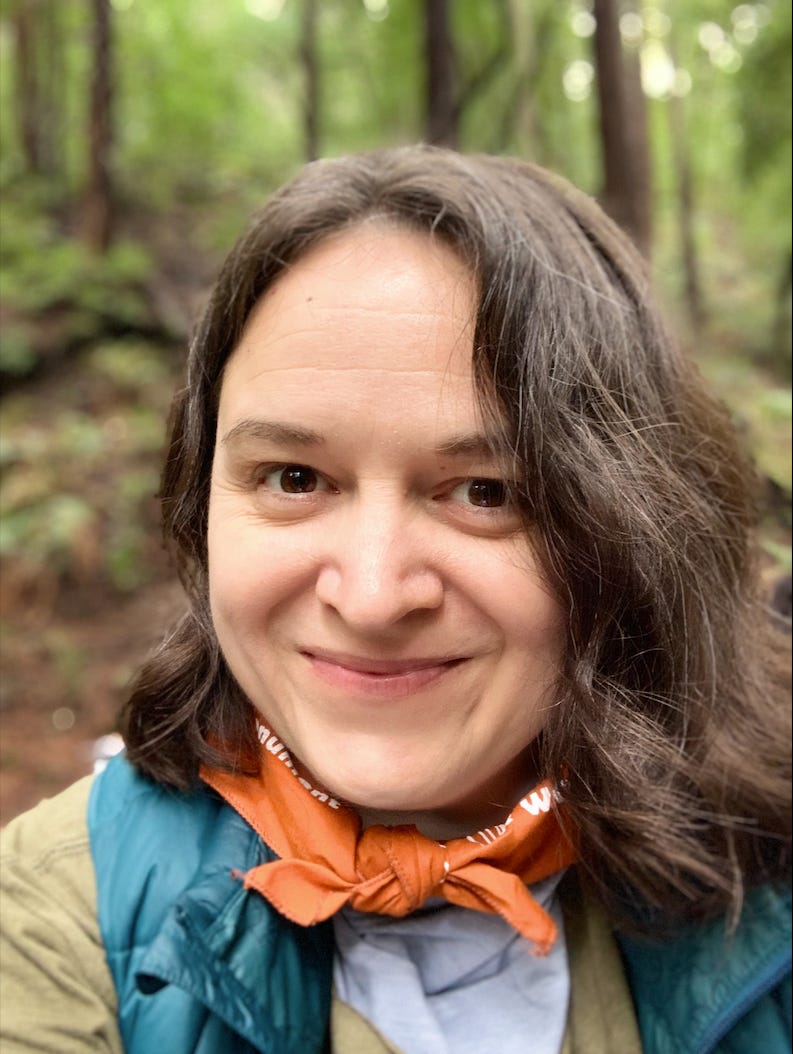Special Announcement... Q&A with Author Nicholas Money!
Ask a mycologist your questions about the world of yeasts and fungi.
Dear Fellow Myconauts,
Gosh, do we have a special guest next week Wednesday, June 7th, at 6 pm PST via Zoom. Pop-sci author, mycologist, and professor Nicholas Money will be joining us to talk about his book The Rise of Yeasts (which we just read & discussed in May), the world of mycology, and his new book about the effects of fungi on human health – from the gut mycobiome to the fungal infections, toxins, and hallucinogens. Sign up and submit your question(s) here! More info below…
ALSO:
Danielle Stevenson is still looking for volunteers to help her wrap up her groundbreaking & ground-healing UC Riverside myco-phyto-remediation study. Message us or email Danielle at dstev013@ucr.edu for more details regarding volunteering!
Q&A with Author & Mycologist Nicholas P. Money
Wednesday, June 7th, 6pm via Zoom
Expanding on the above… Nicholas Money (Nik) has impressively written a multitude of books about fungi. To name just a few:
The Mycologist (Fiction - 2017)
Mushrooms: A Natural And Cultural History (2017)
Fungi: A Very Short Introduction (2016)
The Triumph of the Fungi: A Rotten History (2007)
Carpet Monsters and Killer Spores: A Natural History of Toxic Mold (2004)
Mr. Bloomfield's Orchard: The Mysterious World of Mushrooms, Molds, and Mycologists (2002)
In addition to being a prolific author and mycologist, Nik Money is a professor at Miami University in Oxford, Ohio.
Before our discussion, we invite you to:
Submit your question you'd like us to ask and talk with Nik about!
Read The Rise of Yeasts: How the Sugar Fungus Shaped Civilization (if you haven't already, it was the last month's Mycoverse book we discussed together).
Read the follow-up article The fungus that’s worth $900 billion a year – Nik wrote this after publishing his book on yeasts and now he says the value has risen well above $1 trillion since! Wow!
Check out Nik's website full of helpful resources and learn more about his extensive work in the microcosmos: https://www.themycologist.com/
Mycomimicry with Anne LaForti
Wednesday, May 31st, 7pm @ Arlington Garden, Pasadena, CA
Anne LaForti presented a version of this workshop initially at the Radical Mycology Convergence last year so we are ever so lucky to experience it here in Pasadena!!
Get ready for a night of inspiration and innovation as the Mycoverse hosts a biomimicry discussion that you can apply to your life! Join us as we explore the four key criteria for enduring partnerships, based on lessons from nature.
Anne LaForti, a Mycoverse member and Soil/Fungi nerd with a master's degree in Biomimicry will lead small group discussions about how we can incorporate the lessons of biomimicry into our lives.
Check out the link above for more info. Join us for a night of fun, learning, and inspiration - we can't wait to see you there!
Previously in the Mycoverse…
A recap by Miranda Van Iderstine
The Rise of Yeast, Part 2
Monday, May 22, 2023
We were energized by the second half of Nicolas P. Money’s The Rise of Yeast, which moves beyond the familiar realms of beer, bread, and wine and into genetics, biotechnology, and yeast diversity and disease.
Yeasts are polyphyletic (meaning they don’t all share a common ancestor). Their methods of spore-dispersal, for example, differ accordingly: Basidiomycetes like Sporobolomyces (mirror yeasts) use a catapult mechanism like their gilled mushroom–producing relatives; Ascomycetes, like the alcohol-producing Saccharomyces, travel via insects and the predacious Metschnikowia take things even further by attaching their needle-shaped spores to beetle guts with small barbs. Yeasts are also di- or polymorphic (meaning they change forms), which continues to challenge our existing taxonomic systems.
The very real intimacy between our kingdoms/queendoms/queerdoms of life is just one of many realities obfuscated by capitalist, extractivist systems. Did you know the trillion-dollar-a-year-and-counting yeast industry accounts for the fate of half the corn we grow?
Those willing and able to disregard yeasts’ liveliness appreciate the organisms’ streamlined biological composition and rapid generation time for the profitable, humankind-centered insights and innovations they afford; but this utilitarian posture raised some questions for our group: who decides who lives and who dies? And at what cost?
Money acknowledges our treatment of yeasts in research and fermentation contexts is “punishing.” Can we make our relations with yeasts more intentional? How about compassionate? Can we learn with and from fungi on their terms? Or is there a fundamental incompatibility between our ends and means?
Things that caught our eye
The Future Human with Dr. Merlin Sheldrake and Dr. Àlex Gómez-Marin
Fungi and plants clean up California pollution – Danielle Stevenson making the news
How solar farms took over the California desert: ‘An oasis has become a dead sea’ (fungi-minded conservation making headline news!)
Considering Fungi documentary series on including fungi in conservation, ecological restoration, and forest management








